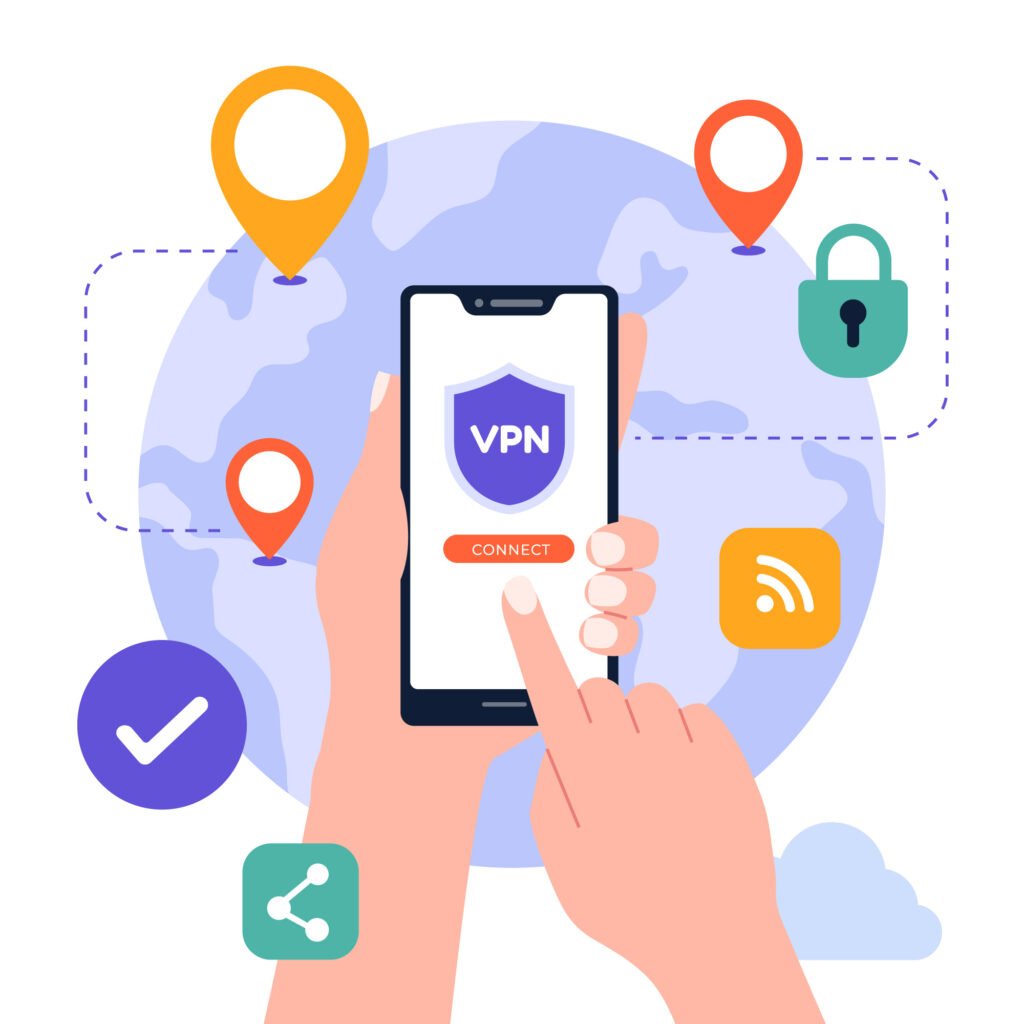The key distinctions between free and paid VPNs are as follows:
Reliability:
Delivering a dependable VPN service demands a host of additional features and infrastructure that cannot be sustained without cost. As a result, so-called free VPNs are often either partially free or come with significant limitations, including compromised security. Your online safety might not be as robust as you assume.
Advertisements:
One major downside of free VPNs is the frequent appearance of intrusive advertisements, which can disrupt your browsing experience. This occurs because these services rely on ad revenue to maintain their operations. Displaying ads is one of the primary methods free VPN providers use to generate income.
Connection Speed:
Free VPN services often experience slower connection speeds due to limited server availability. With fewer servers catering to a large user base, these servers can become overcrowded, resulting in sluggish performance. In comparison, paid VPN services invest in multiple servers across various regions, ensuring faster and more consistent speeds for their users.
Additional Features:
Paid VPNs typically provide an array of advanced features designed to enhance privacy, security, and overall online experience. Free VPNs, on the other hand, are usually restricted in their capabilities and offer only the bare minimum to users.




